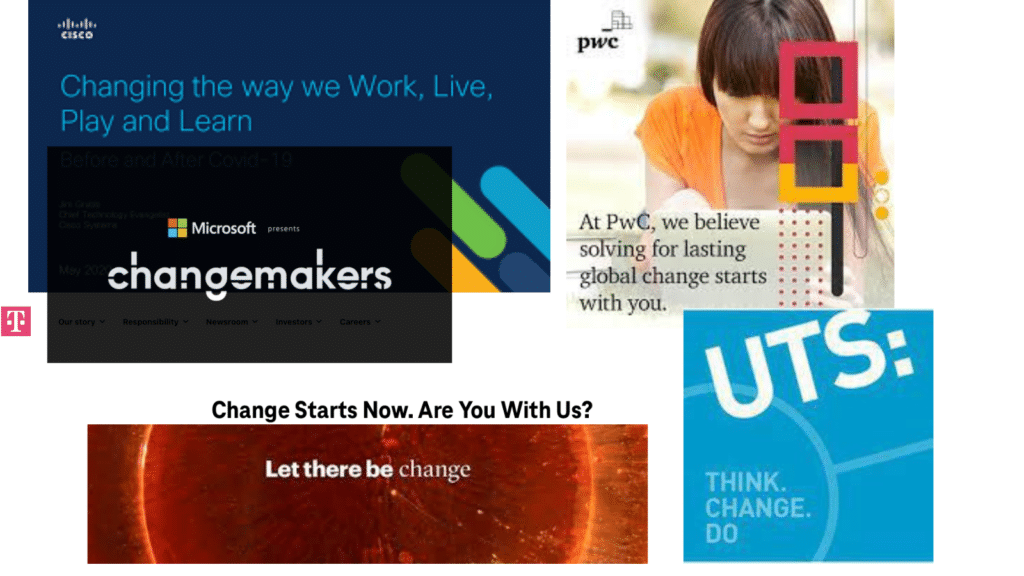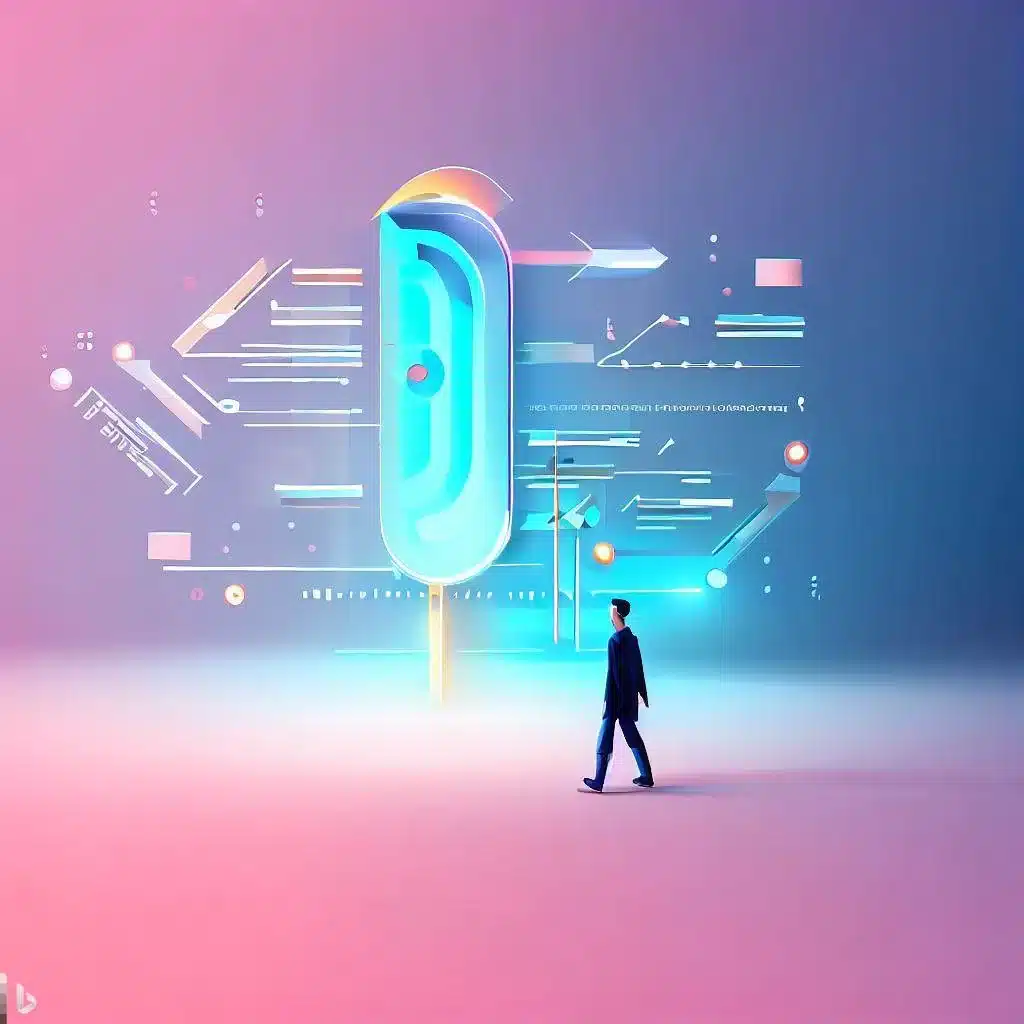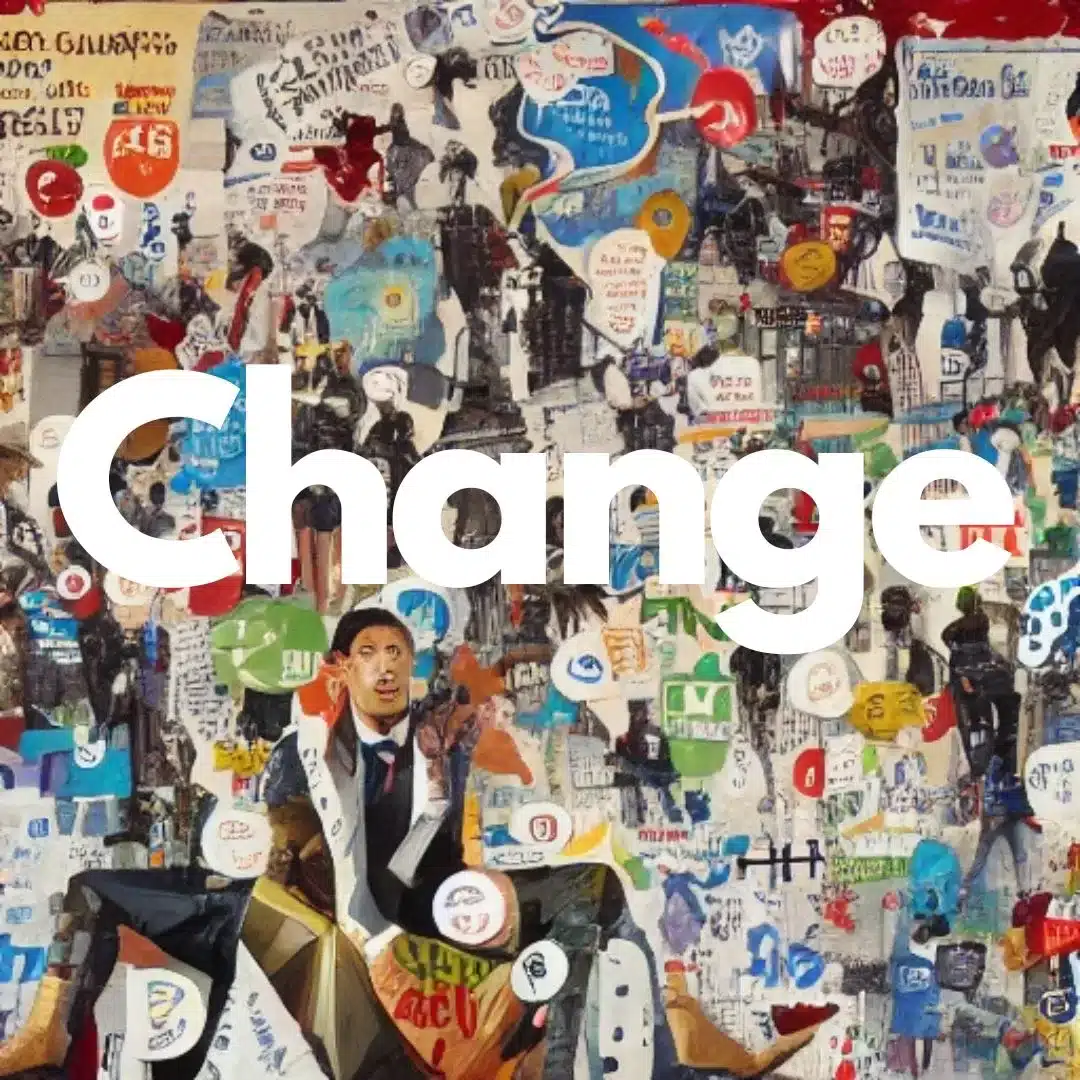Not too long ago, ‘change’ was predominantly linked to technological breakthroughs and process optimizations. Companies were driven to adopt new technologies and methodologies to stay ahead of the competition and meet the growing demands of consumers. The focus was on efficiency, productivity, and achieving higher profits through innovation. Terms like ‘digital transformation’ and ‘disruption’ frequently dominated boardroom discussions and industry conferences.
It has been that the focus was mostly on technology and process. These were considered the ‘hard’ levers that can be pulled to gain significant business improvements. Companies have been spending big on digitizing their business to save costs and investing in streamlining processes as well.
However, the narrative has shifted.
While technology continues to advance at an unprecedented pace, ‘change’ has taken on a more profound and holistic meaning. Today, companies and people, in general, are recognizing that the ability to adapt, evolve, and respond to the world’s myriad challenges is the true essence of progress.
One reason ‘change’ has become a prevailing buzzword is its resonance with a broader audience. Unlike technical jargon, it connects with people on a more personal level, emphasizing that change is not just about adopting new tools and strategies, but about embracing growth and personal development. It speaks to the capacity of individuals to navigate uncertainties, adjust their mindset, and embrace continuous learning.
Moreover, an increasing percentage of companies are aware that their success hinges on the collective ability of their employees to adapt and remain agile. Leaders now recognize that fostering a culture of change and learning is crucial for attracting and retaining talent, boosting employee morale, and nurturing innovation.
Looking around us, the word ‘change’ is everywhere. Not only are people a lot more comfortable talking about change, but there is also a general acknowledgment of change as an overt occurrence.
Advertising and Slogans: Embracing the Spirit of Change
Companies are also quick to adopt the word ‘change’ in their jargon. Here are some examples.

- Cisco “Changing the Way We Work, Live, Play, and Learn”
Cisco, a multinational technology company, explicitly uses the word ‘change’ in its advertising and philosophy. The slogan “Changing the Way We Work, Live, Play, and Learn” highlights Cisco’s focus on transforming various aspects of modern life through their technological solutions.
2. Accenture – “Let there be change”
Accenture, a global consulting and professional services firm, uses the phrase “Let there be change” in its advertisements and marketing materials. This tagline reflects the company’s focus on driving transformative change for its clients and within the industries it serves.
3. T-Mobile – “Change starts now”
This encapsulates the company’s commitment to driving transformation and initiating positive changes in the telecommunications industry. The slogan suggests a sense of urgency and empowerment, encouraging customers to take action and embrace the benefits of a new era in mobile communication.
4. PwC – “Solving for global change starts with you”
This tagline conveys the idea that PwC believes individuals have the power to drive positive change on a global scale. It encourages people to take action and play an active role in addressing global challenges and making a difference. By emphasizing that “you” are the starting point for solving global change, PwC highlights the importance of individual responsibility, innovation, and collaboration in creating a more sustainable and equitable world.
5. University of Technology Sydney “Think. Change. Do.”
This represents UTS’s commitment to fostering a transformative learning experience that prepares its students to be active contributors to society and catalysts for positive change. However, please note that taglines can be updated or changed over time, so it’s a good idea to verify the most current information from UTS’s official sources.
The prevalence of ‘change’ in advertising and slogans reflects companies’ desire to connect with their audiences on a deeper level. By evoking the spirit of change, these companies emphasize their commitment to innovation, customer-centricity, and positive societal impact. They appeal to consumers who seek purpose-driven brands and are eager to embrace progress and sustainability.
Change as a Catalyst for Resilience
In an ever-changing world, adaptability is synonymous with resilience. Companies that can quickly adjust to market shifts, economic downturns, and unforeseen challenges are more likely to thrive. ‘Change’ has thus become the rallying cry for building organizations that are not only successful but also capable of weathering storms and bouncing back from setbacks.
What this means for change practitioners
Change practitioners are in an excellent position to help organisations to shift their change capability and deliver on business improvement objectives. Change is increasingly acknowledged across organisations as a critical competency. The focus on change is there and change practitioners should use this to spearhead the momentum.

What next?
To take things to the next level, change practitioners must complement the upscaling of digitization and AI in organisations by augmenting the same in their work. This means incorporating more machine learning and AI, more digitization, and greater usage of data.
Change practitioners should ensure data is a core part of their practice and a foundational way of formulating change approaches and recommendations to their business stakeholders. Business leaders will increasingly leverage data across all business facets in business management, enabled by digital solutions. In a similar manner, change practitioners must also leverage digital solutions to automate and increase the effectiveness of change work.
Within an increasingly complex change environment, change practitioners should be well-versed in collecting and analysing data and generating data insights, again leveraging digital solutions. With the promise of AI and machine learning, there is already plenty of current opportunities to improve the effectiveness of change work, today. The uptake of this is up to each change practitioner.
To read more about about Change Measurement, check out our series of articles here.
The rise of ‘change’ as a popular buzzword reflects the transformative times we live in. As technology continues to shape the world around us, it is the capability of human beings to adapt and evolve that has taken center stage. From technological advancements to human adaptability, ‘change’ has transcended industries and become a part of our collective consciousness. For change practitioners, this is an opportune time to use this momentum to ramp up their own adoption of the digitization of change work and use this to improve the effectiveness of change.






